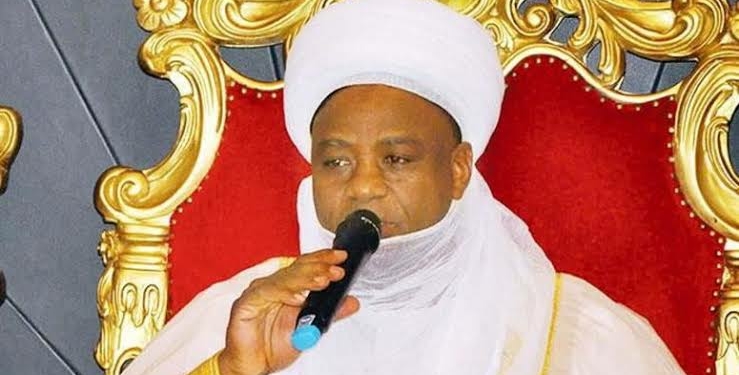Following the sighting of the moon, this year’s Ramadan starts Friday, the Sultan of Sokoto, Saad Abubakar, announced Thursday.
The Sultan who doubles as the president of the Nigerian Supreme Council for Islamic Affairs (NSCIA) said this in an announcement made on an NTA live broadcast.
In compliance with physical distancing by health authorities as means to check the spread of COVID-19, the NSCIA had urged Muslims to shun congregational gatherings by staying at home.
The council also directed mosques to suspend taraweeh sessions (a daily voluntary prayer during the month), tafseer (lectures), Qur’anic fora and i’tifaaf (seclusion in the mosque during the last ten days of Ramadan).
The council’s director of administration, Yusuf Nwoha, who announced this earlier in the day, urged religious leaders to use electronic media to reach their followers.
The group had issued a guideline for the burial of infected Muslims during the pandemic, saying the burial should be handled by officials of the Nigeria Centre for Disease Control (NCDC).
Ramadan is the ninth lunar month of the Islamic calendar seen as sacred by Muslims for which they refrain from eating, drinking and sexual activities from dawn to dusk for 29 or 30 days — depending on when a new crescent is slighted.
The sighting of this new moon marks the beginning of another month, Shawwal, and the celebration of Islamic festival, Eid-l-fitr.
The Ramadan ritual is observed to attain spiritual bond with God, as contained in Qur’an 2:183: “Oh you who believe! Fasting is prescribed to you as it was prescribed to those before you, that you many learn piety and righteousness.”




Discussion about this post